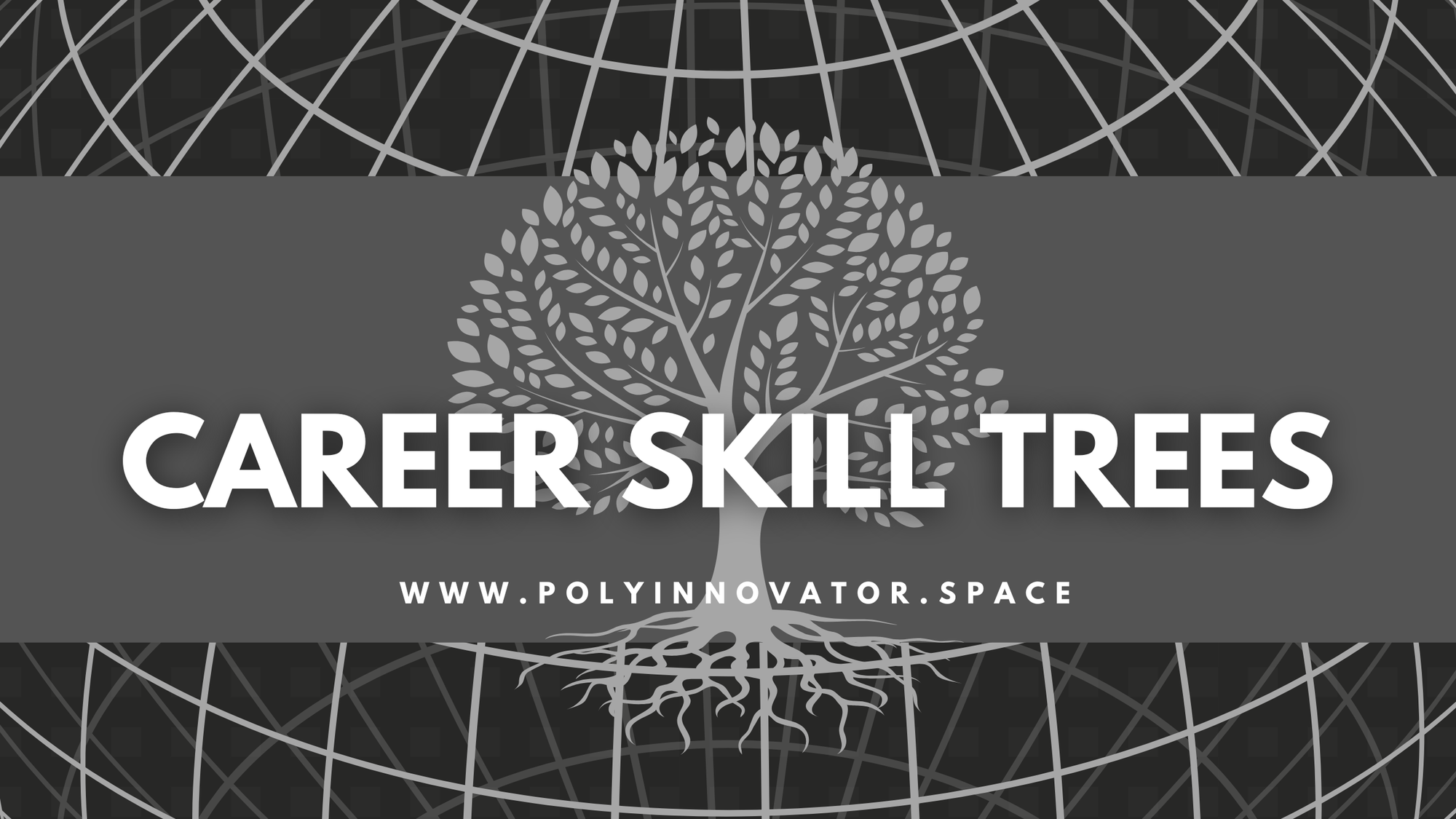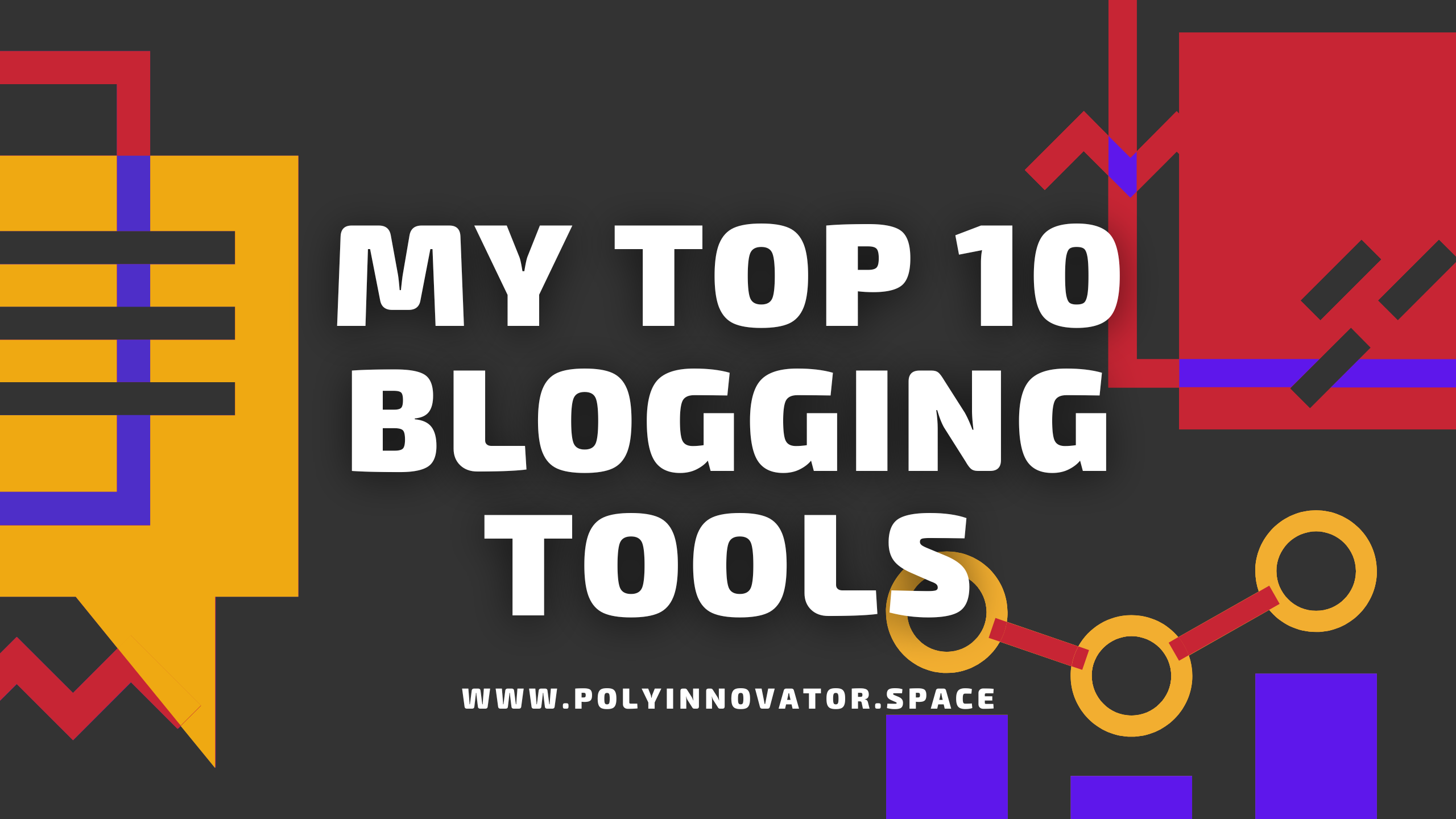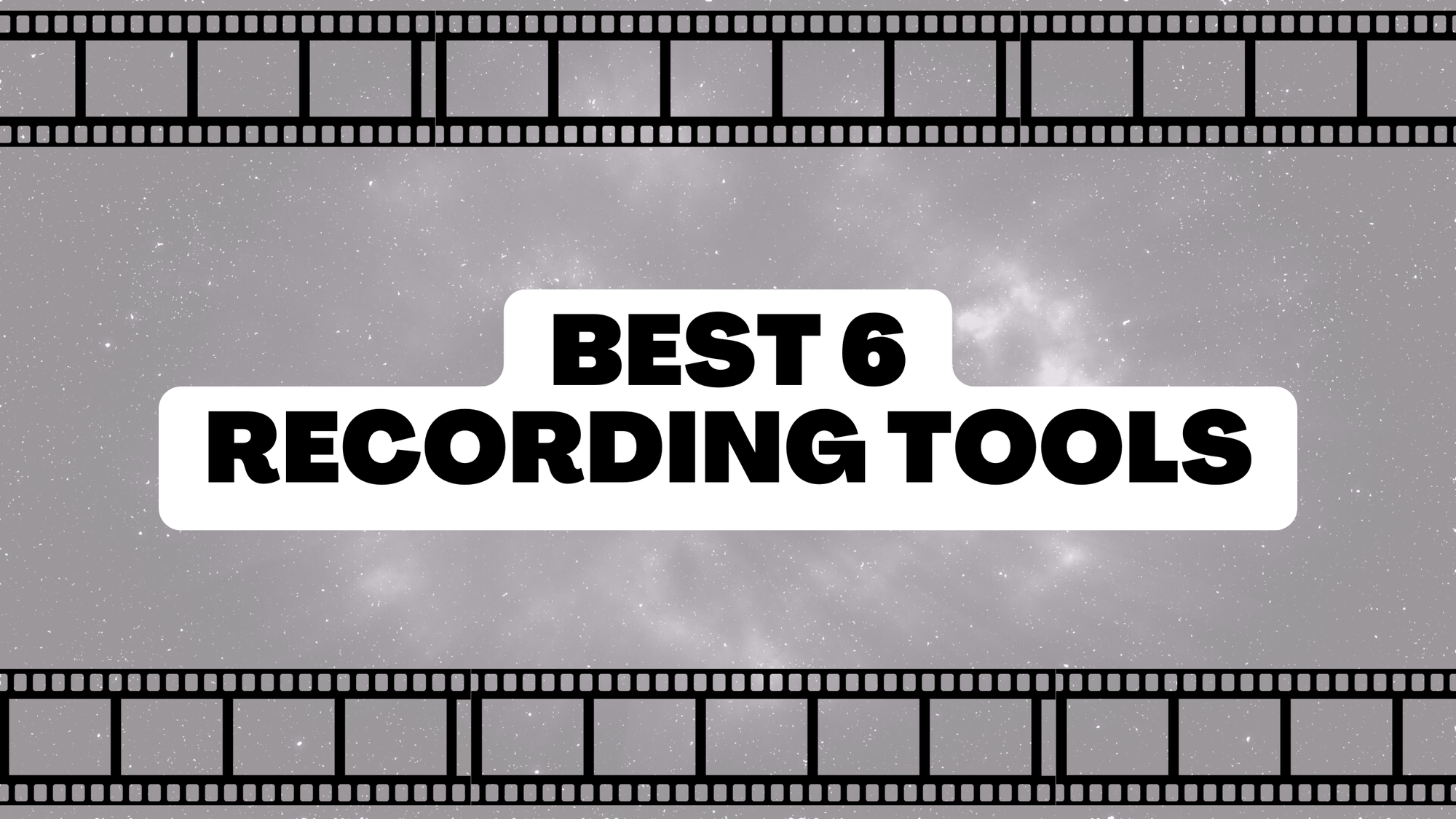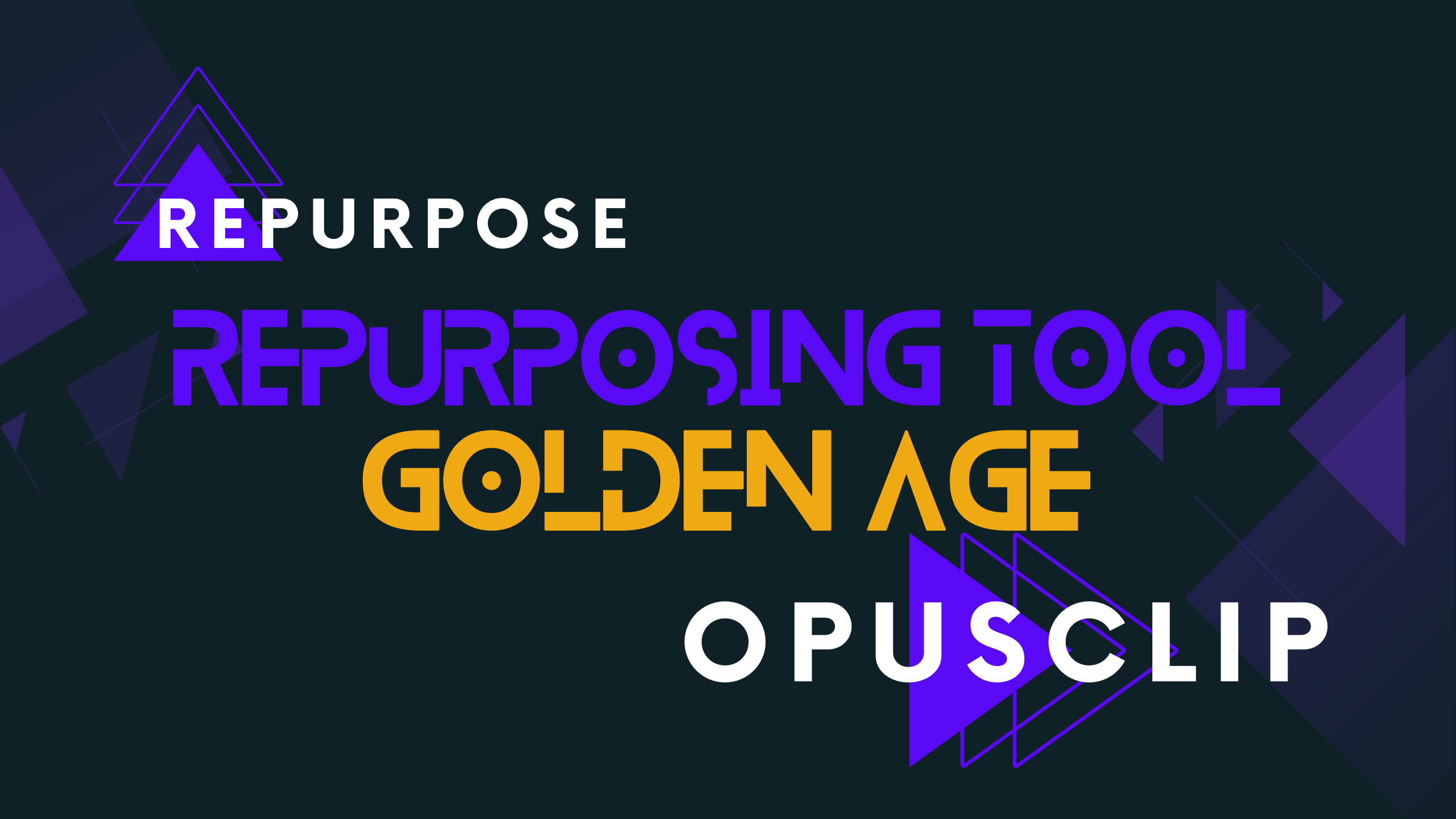The corporate world has many avenues of progression. Oftentimes it is not what you know, but who you know. As they always say! However it IS what you know, and you do need to know more.
As I always talk about in my exercise content, there is ALWAYS another level forward to attain. Skills in general follow the same principle, and so if you are trying to climb the business world ladder.
Then you need to find your skill tree, and climb it!
Where do you want to go?
Ask yourself, where do you WANT to be in the corporation? Maybe even at a different company entire (thus you need to pivot skill trees!).
Is there a company like Microsoft, that will have a potential educational pathway for you? Or precursor certifications you can get. Perhaps it is a company with none of those, but you are just one skill away from getting the job? Trust me I've been there too.
Many companies often look for a degree credential, but that isn't always the case. There are plenty of self-taught skills out there as well.
Why is it so hard to change careers?
When I say change I don't just mean pivots either, even if it is just a different career at a different company.
Whether you are changing within the same company, or joining a different one, they seem to make it so difficult to change.
I mean in the act of getting a new job entirely. Why is it so hard? Now with unemployment skyrocketing from Covid-19 I understand, but just 6 months ago the balance of open jobs to applicants was 10 to one. Now in a lot of cases it is even harder to get a job. At the time of this writing the job market is terrible, and most companies are actually putting up FAKE job listings.
Is it pickiness of the hiring managers, lack of soft skills (or hard even), or somewhere in between?
How do some careers overlap?
If you can somehow find how your skillsets overlap with another set from a different role. That may be your ticket towards pivoting, and you can think of it as going down another branch of your skill tree.
Speaking of lack of skills, there is an appalling lack of understanding in innovation. In one example you could think of the biologist in technology for biotech. The level of knowledge in both areas you need is great, but not impossible. Why don't we have more "bimaths" like that?
We need more INTRAPRENEURSHIP in corporations, as there is a staggering lack of it in the modern day workplace.
Why is there so little people who can bridge the gap between different areas because that is where we are going as a planet economy.
The lack of skill of width is the reason it is so hard to change careers. Most people focus too much on depth, but not width.
Given the rise of generalists in this digital renaissance.
What are the criteria of a Skill Tree?
Okay then now to the meat of the story, what are skill trees? Skill Trees as a concept are a gamification progression of skill acquisition. In layman's terms it is simply a pathway(s) to reach competency in skill areas.
When applying that concept to learning, there is a profound level of potential growth. The divergent choices keeps the learner engaged. The interleaving of skill areas allows for adequate repetition, as well as engagement for FLOW. This is a concept I've been talking a lot about on my blog.
Now let us apply it to careers, so what does a career skill tree look like? Well not much different, it is just the purpose is more specific. You are trying to get a job, or upgrade your current job.
When you want to acquire the skills you need for a promotion/new job, there are generally a handful of sub-skills you need to get first.
This traditionally causes issues because which one should you start with? Then you get analysis paralysis, and then you just stop trying. If you get past the hurdles, then you can progress, but understandably it is harder than it needs to be.
If you want to keep reading:
Skill trees simplify the progression ladder, and allows for unique experiences for each learner. Allowing for unique and capable workers in the career markets.
Whether you're interested in the topic because you are an HR manager, and want to train your staff; Or you are interested in developing your own career, particularly through a skill tree format.
Then check out the OmniBlog post based around Skill Tree Based Learning!
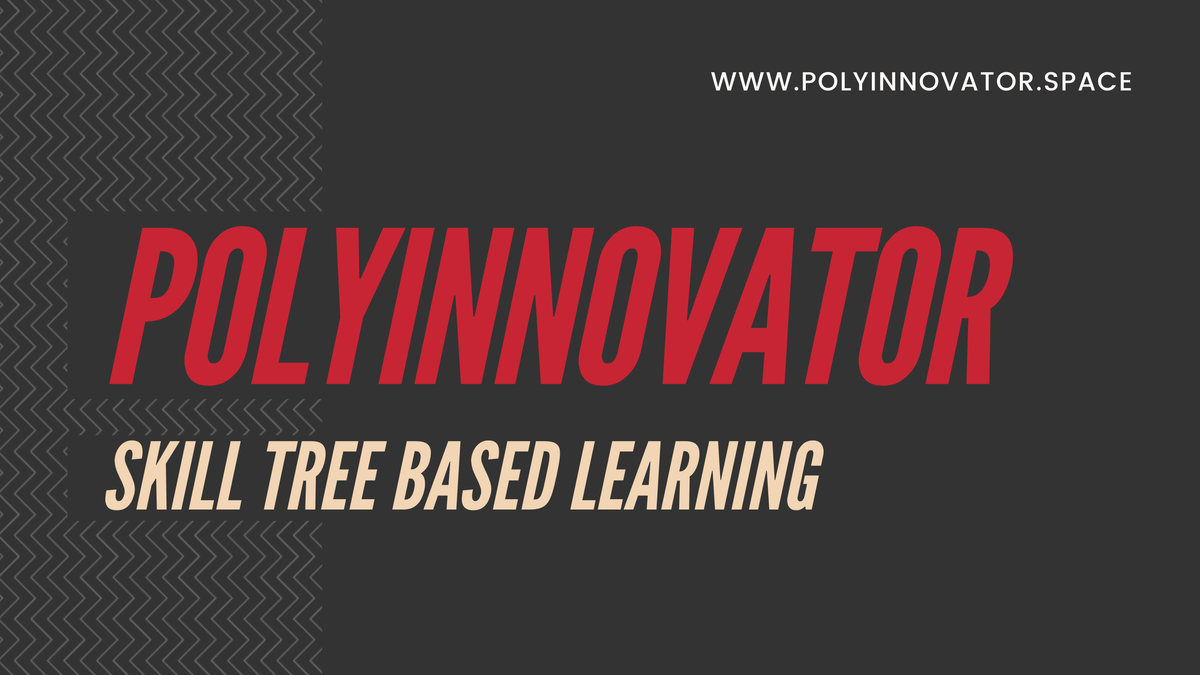
Previous Shorter Version:
This was one of my "social articles", an experiment to create medium sized blog posts, akin to newsletters. Across a variety of social blogging networking platforms. Such as Medium, Vocal Media, and Linkedin. Since it didn't quite land; I decided to take these posts and remake them into more full length creations.

![Official Website for Dustin Miller PolyInnovator [LLC]](https://polyinnovator.space/content/images/2025/03/polyinnovator-logo-2024.png)

